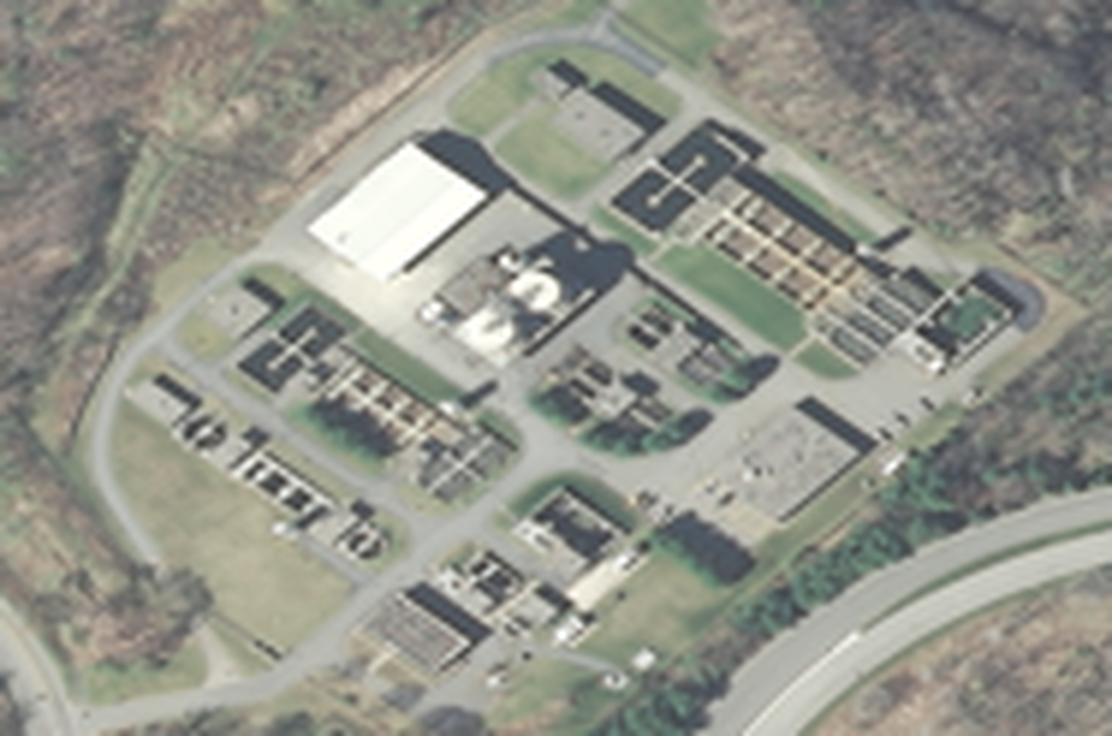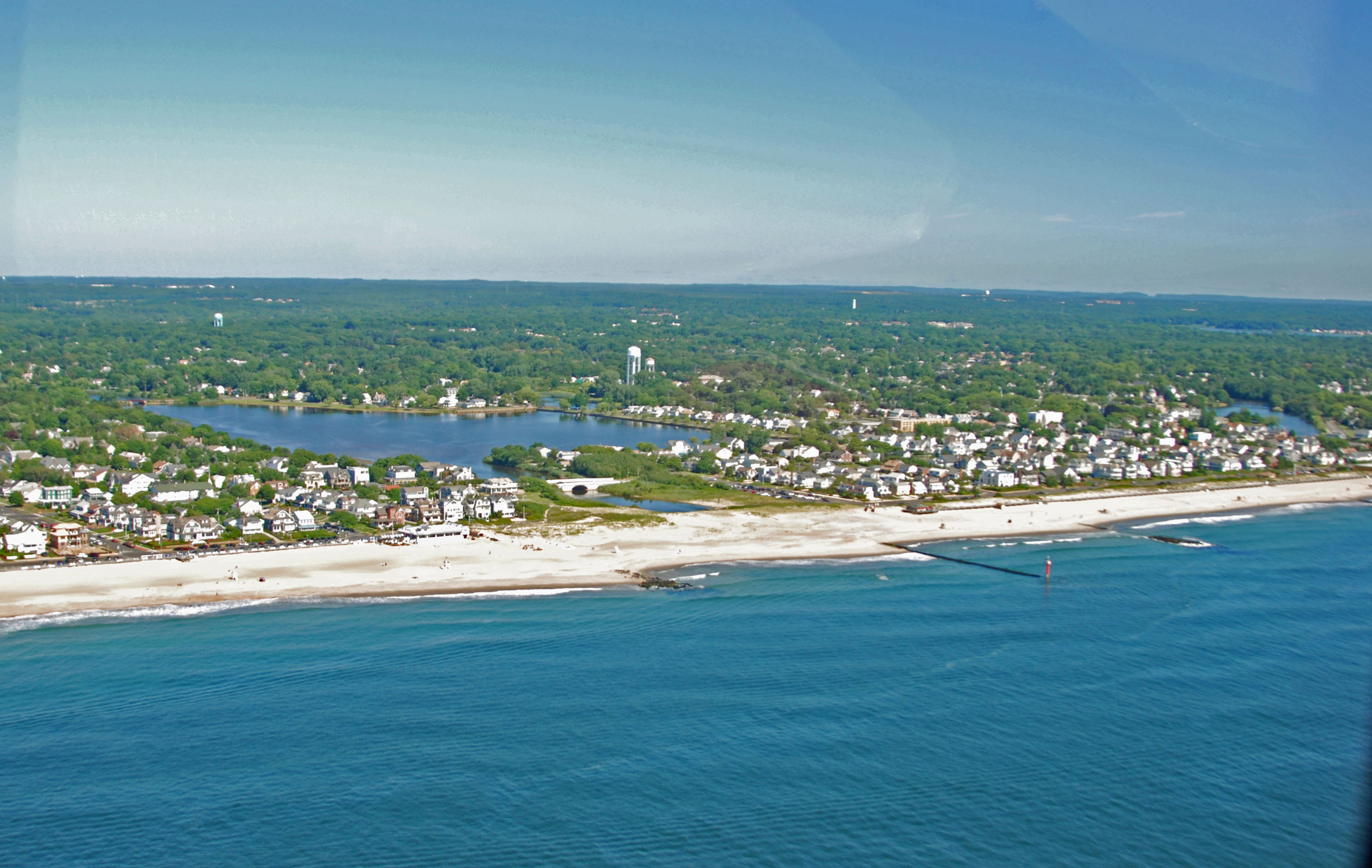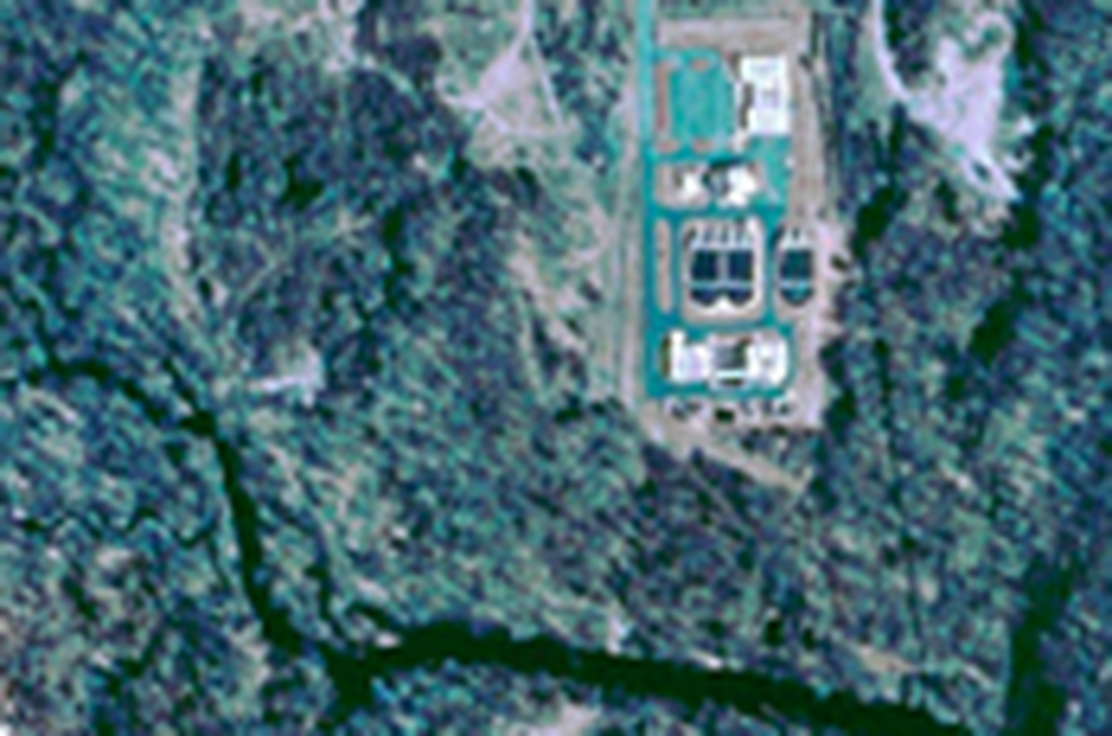Project Summary
Full Summary
Musconetcong Sewerage Authority (MSA), a 20-year client, retained Najarian Associates, to conduct a series of water quality monitoring and modeling studies to support their NPDES-Permit Program and treatment facility expansion in Stanhope, NJ.
County: Sussex
Town: Stanhope
Musconetcong Sewerage Authority (MSA), a 20-year client, retained Najarian Associates, to conduct a series of water quality monitoring and modeling studies to support their NPDES-Permit Program and treatment facility expansion in Stanhope, NJ.
The MSA can discharge up to 5.7 mgd of treated effluent to the pristine upper reaches of the Musconetcong River – at a location just downstream of the Lake Hopatcong resort areas.
Musconetcong Sewerage Authority Study
Stream Monitoring Program Study
Prior to the MSA’s most recent expansion, their plan was blocked by NJDEP’s water quality concerns. The MSA and NJDEP contracted Najarian Associates to correct errors made by a previous consultant. As such, Najarian Associates re-designed the stream monitoring program, prepared a new workplan and received NJDEP’s approval to proceed.
To simulate unusually large diurnal dissolved oxygen variations in two downstream ponds (resulting from rooted aquatic plants), Najarian adopted an innovative approach using the USEPA’s QUAL2E model. Model results showed that this quality issue would exist for any of MSA’s treatment scenario (due to non-point sources). In addition, the project was completed under tight time constraints to accommodate the grant application schedule.
Thus, NJDEP accepted the study and approved the MSA’s expansion initiative.
Thermal Impacts Study
The MSA was required to conduct a study of thermal impacts of its effluent. NJDEP expressed concerns that the Musconetcong River was considered trout waters at the point of discharge; NJDEP had not previously required such a study for a municipal discharge. A series of thermal probes were installed and maintained within the River for 12 months to collect the necessary study data. Subsequent analysis showed that the thermal standard for trout water was often exceeded simply due to seasonal weather conditions; any treatment plant impact was transient and highly localized.
Based on this study, thermal limitations were not placed on the MSA.
Local Limits Studies
Najarian Associates conducted “local limits” studies for the MSA to evaluate influent quality for possible toxicity issues. Data analysis showed that the only possible concern was related to copper. Supplemental sampling showed that such concentrations were ubiquitous throughout the sewer system and not related to a single source. As a follow-up Najarian Associates also conducted a “translator” study for copper to better assess the MSA impact on in-stream concentrations.
NJDEP accepted the study and required no further action by the MSA.
Off Ramp Study
NJDEP required that the MSA either provide state-of-the-art phosphorus treatment or conduct a phosphorus “off-ramp” study. Accordingly, MSA contracted Najarian Associates to conduct an off-ramp study which consisted of data collection and analysis. The study showed that phosphorus concentrations were in compliance with NJDEP’s standard and the discharge caused no change in periphyton concentrations.
The study demonstrated that MSA qualified for the “off-ramp” and should have no further phosphorus limits imposed.
Adjudication Appeal for Discovery Process
Despite the above positive results, NJDEP imposed a requirement for state-of the art treatment (for phosphorus and other parameters). As a result, the MSA sought to adjudicate several permit limits (phosphorus, copper, TDS and nitrate). Najarian Associates prepared the technical document that served as the basis for the adjudication appeal and fully participated in the discovery process.
Prior to a court appearance, NJDEP essentially capitulated on its position regarding phosphorus, copper and TDS. Thus, the MSA maintained its previous limits for these parameters and the adjudication process was closed.
The nitrate limit was “stayed” until NJDEP adopts a new policy for applying this criterion.
Over an extended period of time, Najarian Associates has provided ongoing support to the MSA regarding its NJPDES permits. The firm’s studies have provided MSA with the necessary scientific support to better manage its treatment facility.



